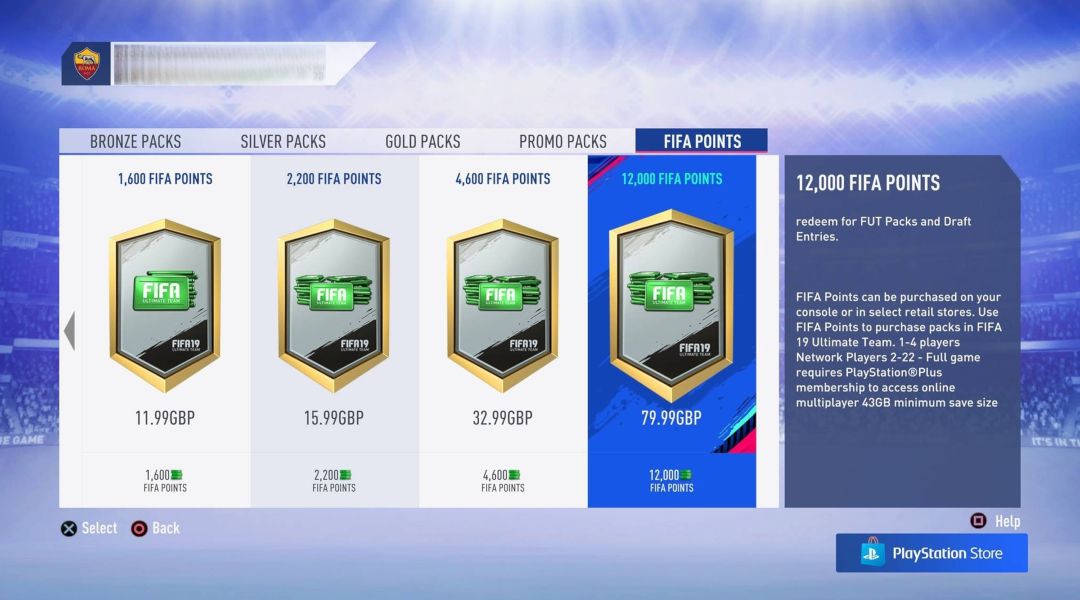Electronic Arts has rebranded loot boxes as "surprise mechanics" according to testimony provided by the company's VP of legal and government. Kerry Hopkins spoke in front of the UK Parliament's Digital, Culture, Media, and Sport Committee today as the political body asked a panel of video game industry members questions regarding the design and ethics behind loot boxes. Hopkins, asked if loot boxes were an "ethical feature" of EA's games, responded first that the company does not call them loot boxes and instead refers to them as "surprise mechanics."
Hopkins would continue in the affirmative that loot boxes are indeed ethical even for young game players. She described how similar types of toys can be found in stores, then listed off "surprise toys" such as Kinder Eggs, Hatchimals, and LOL Surprise dolls as examples. These toys, Hopkins went on, were similar to EA's own FIFA Ultimate Team loot boxes and that EA views them as ethical and fun.
Loot boxes are, of course, the common nomenclature for the feature across all games. Activision Blizzard has even literally named them loot boxes in its Overwatch and Heroes of the Storm storefronts, though the ability to buy them with real money was removed from Heroes of the Storm recently. EA's interest in rebranding loot boxes as surprise mechanics is likely an effort to communicate how loot boxes are innately a gameplay feature and not so different from other gameplay mechanics that don't involve real money. Whether that matters beyond legalese is a different matter entirely.
Nevertheless, the whole idea sounds quite silly from the perspective of anyone familiar with video games. Loot boxes are loot boxes. Even Scotland's MP Brendan O'Hara seemed a bit put off by the change. Maybe the effort will prove meaningful in front of politicians, but it's unlikely to persuade many game players.
Loot boxes have been accused by politicians in several countries of being a form of gambling, of exploiting children, and of encouraging addictive tendencies. Loot boxes, while different from game to game, cost real money and will provide randomized digital content if varying rarity and indistinct value for the game they belong in. Such products have been outright banned in certain places including Belgium, where EA first ignored the new law and ultimately removed the FIFA Ultimate loot box feature in the franchise's most recent release.
The UK is moving forward with an investigation into the effects and consequences that loot boxes have on game players, with a particular focus on children. There's a similar worry growing in the USA among certain politicians, and game players as well. The World Health Organization has seen to classify "gaming disorder," an addiction to video games at its simplest, a mental health condition.
The video game industry has largely, if not entirely, maintained that loot boxes and similar randomized microtransactions are ethical, unrelated to gambling, and not addictive. Whether its stance changes in the face of further research or political pressure remains to be seen, but it hasn't had an effect yet.
Source: PCGamesN

